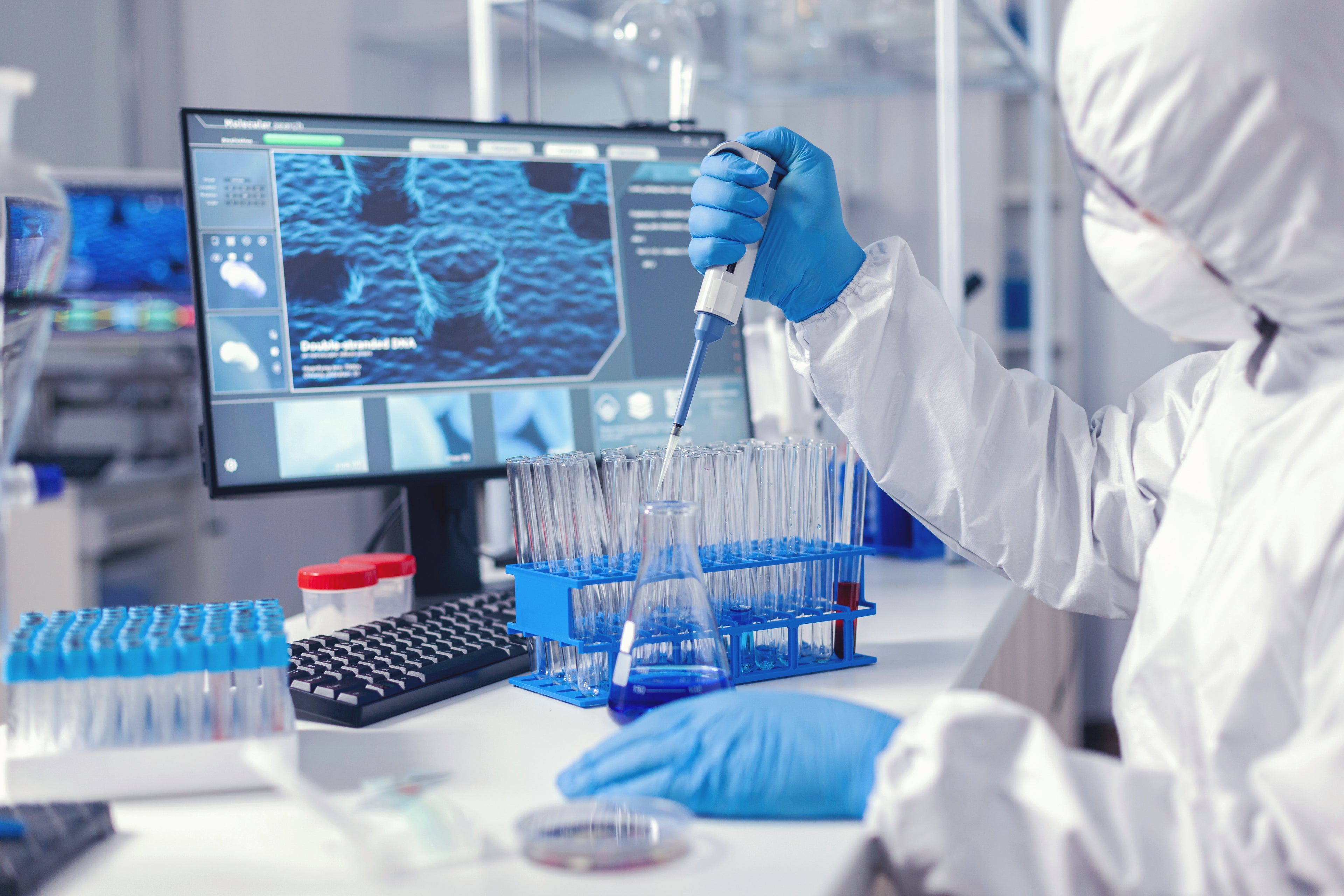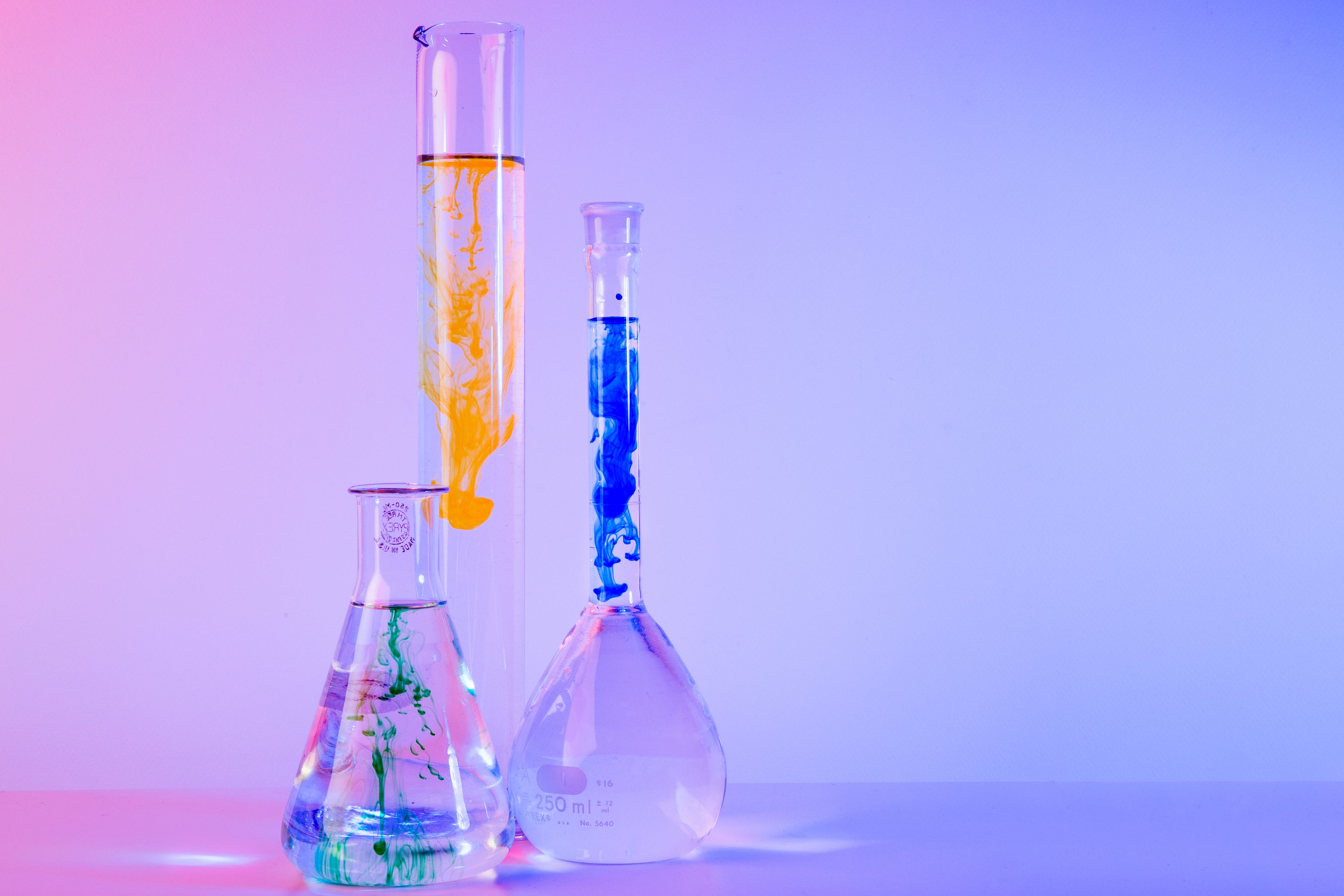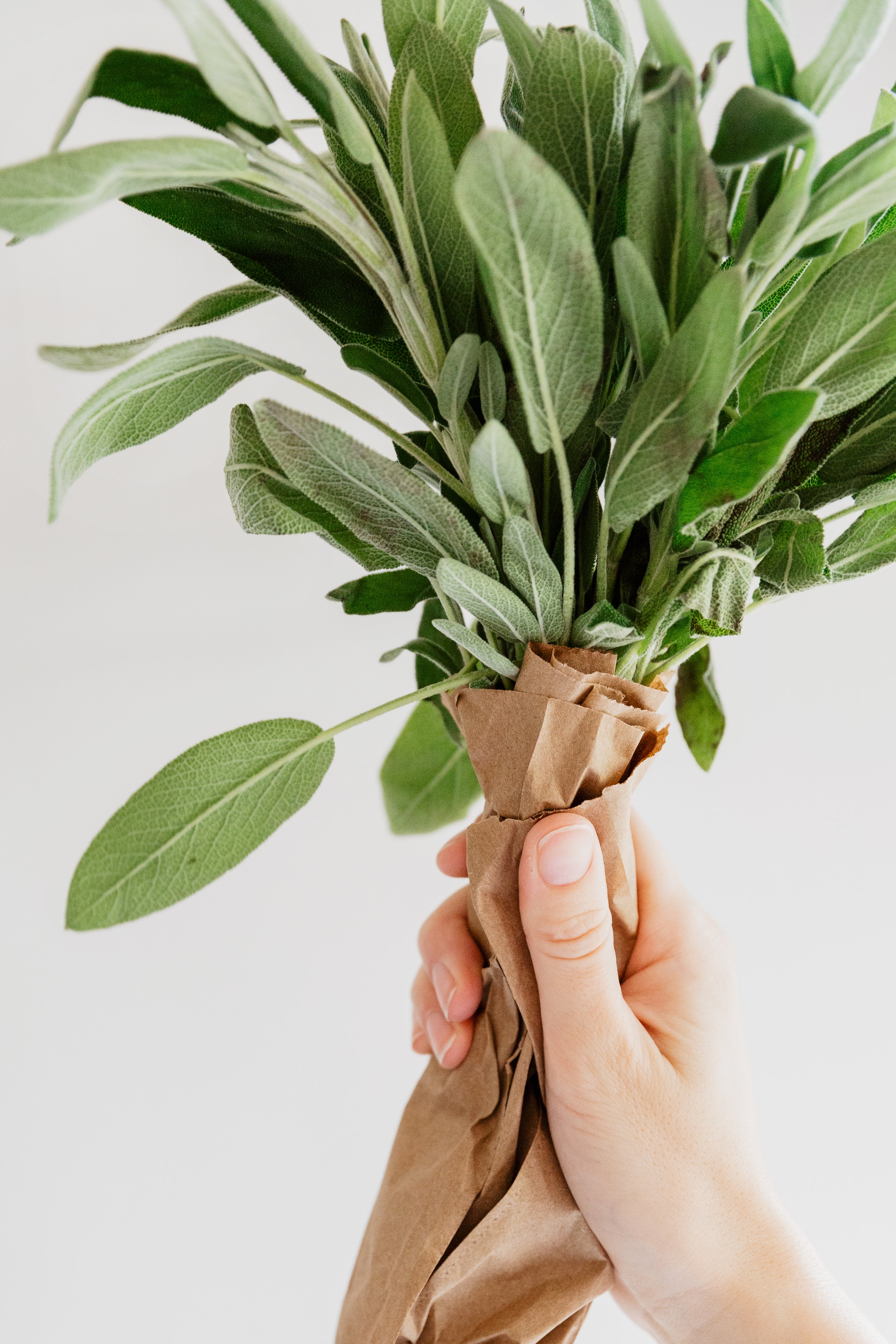You know that gut feeling? The flutter before a big decision or the tight twist during stress? Turns out that it is not a poetic phrase that goes around about the butterflies in the stomach. It is completely biology, which is telling you constantly that your gut and brain are in continuous conversation. And when your belly is happy, your mind often follows.
Two Brains, One Body
Your gut and brain might seem to be separate, but both are deeply intertwined, just like cosmic twins. They’ve been talking behind your back, deciding your moods, your food cravings, and even your energy levels. It’s less sci-fi and more science. And it is way more powerful than we once believed.
Ralph Waldo Emerson once said, "The first wealth is health." What he might not have known is that part of that wealth sits in your gut. With over 100 million neurons, your gut is often called the "second brain." But here’s the plot twist: this second brain isn’t some sidekick. It’s a co-creator in your mood, focus, and mental clarity. Scientists call this cosmic duo the gt-brain axis, and honestly, we can call it a lie.
Let’s take a moment to honor this ancient alliance. In the words of Hippocrates, "All disease begins in the gut." And guess what? He was ahead of his time. He got the major point centuries ago and probably would’ve been a wellness influencer today.
Gut Instincts and Brain Fog: The Invisible Dance
For easier understanding, you just imagine your mind as the captain of the ship. But your gut works as the engine. And we all know that when anything goes wrong with the engine, the whole voyage is ruined. The major symptoms are things like brain fog and losing your train of thought mid-sentence. Your clarity and creativity are often the first to walk off the job when your gut health takes a hit.
Imagine your brain is a lighthouse, sending out signals and guiding your thoughts. Now picture your gut as the foghorn. If the foghorn is off-kilter, the lighthouse might shine, but everything feels murky. That’s what happens when your gut isn’t well.
Poor digestion, an unbalanced microbiome, and inflammation all fog up your mental sky. Cue brain fog, fatigue, scattered thoughts, and those "wait, why did I walk into this room?" moments.
It’s Not Just You. It’s Your Microbiome
There are trillions of microbes staying in your gut. It is just like a bustling city, which has probiotics living as good citizens and pathogens just present as unruly ones. Things run smoothly when the whole microbial thing is balanced. When it’s in chaos, so is your mind.
Stress? Junk food? Antibiotics? They’re the bad landlords evicting your helpful bacteria and letting the troublemakers throw wild parties. And if we talk about the result. It always results in bloating. Anxiety. Sleepless nights. Mood dips. The whole dramatic opera.
Historical Dig: Freud’s Gutsy Theories
Let’s talk about the theory of Sigmund Freud. He believed that physical symptoms were rooted in emotional distress. He suspected the gut had a role in emotional health. Turns out, he was onto something; emotions do leave digestive footprints.
The Gut-Brain Highway: Where Emotions Hitchhike
Every emotion that we feel inside our body, whether it is a hope or even a heartbreak, everything goes through the gut. It can be said that the gut doesn't just digest food, but it digests feelings too. Have you noticed the pain in your stomach during the moment you are feeling anxious? It is the gut functioning and telling you that something in the brain does not feel right.
Whenever we feel the emotions too heightened, we tend to blame the surroundings. Like some co-worker bothering us or a lot of traffic on the road. But it could only be the gut telling us to consume some fiber and reduce the coffee intake.
Stress and Gut Health: A Love-Hate Saga
Stress is known to be the silent killer. The damages done by the stress are not loud. But it wrecks everything, whether it is your sleep cycle or your bowel movements. The gut can feel everything, including a little amount of stress. And when the limit is exceeded, it taps out, leaving your brain completely affected. It definitely starts from the brain, but it reaches your gut as well.
Cortisol is our stress hormone. It damages our gut to a great extent. Chronic stress has an impact on our digestion. It weakens it and reduces beneficial bacteria while increasing inflammation. It’s a two-way street: stress damages gut health, and poor gut health increases stress. A vicious, well-dressed cycle that thrives in the background while you sip your oat latte and wonder why you feel so off.
Ever Heard of Leaky Gut?
When we remain in constant stress, our gut lining weakens. And the weak gut lining lets the toxins slip into the bloodstream. They cause chaos in the body, which makes the immune system go into panic mode, and inflammation spreads. Inflammation, my friend, is the ultimate vibe killer.
Gut and Anxiety: More than Just a Feeling
As per the studies, people with IBS (Irritable Bowel Syndrome) often experience higher rates of anxiety and depression. One 2020 study published in ‘Nature Microbiology’ found distinct microbiome differences in people with mental health conditions. The gut isn’t just involved; it’s central.
Supplements for Gut Health: Modern Potions for Ancient Problems
Today, we only think about saving time and want everything instantly. And thankfully, it applies to instant gut support also. Supplements cannot play every role in maintaining good gut health, but they can make your gut function properly to some extent. Especially when your diet takes a detour or life gets stressful.
While no capsule can replace a healthy lifestyle, natural supplements for gut health can be powerful allies. Think of them as reinforcements in your internal army.
1. Probiotics
Friendly bacteria that rebuild your microbial city. They help digest food, absorb nutrients, and keep mood-sabotaging pathogens at bay.
2. Prebiotics
These are probiotics' favorite snacks. Found in garlic, onions, bananas, and chicory root. Or in high-quality supplement form, for convenience.
3. Digestive Enzymes
When your gut feels lazy, enzymes help break down food and reduce bloat. A little outside help never hurts.
4. L-Glutamine
An amino acid that supports your gut lining—great for those dealing with leaky gut or gut-related fatigue.
5. Adaptogens
Herbs like ashwagandha and Rhodiola don’t directly impact digestion but help with stress, which indirectly saves your gut.
Want an all-in-one blend to simplify things? UltraHerbs' Gut Balance Formula blends top-tier prebiotics, probiotics, and digestive aids in one powerful punch. Your gut will write you a thank-you letter.
What Happens When Your Gut Is Glowing?
A healthy gut is like that harmonious sound in which everything is tuned and in sync. You get your reactions in control, and thoughts get much lighter than before. Also, the energy level increases and lasts long. It is not some magic spell but pure microbiology.
Imagine waking up and your brain actually boots up with you. No fog. No confusion. Just clarity.
Here’s What a Happy Gut Brings:
-
There is mental clarity with better nutrient absorption resulting in better brain fuel. It is the best way to maintain a healthy mind-gut connection.
-
Emotional balance is there with more serotonin (90% of which is made in the gut!), which means less emotional roller coasters.
-
Energy levels are higher, and less is drained from poor digestion.
-
Sleep gets better due to gut health. Better melatonin regulation results in deeper sleep.
-
A calm gut handles life’s chaos more gracefully.
Action Steps: How to Feed This Mind-Gut Connection Magic
You don’t need a PhD to start healing your gut. You just need a few mindful habits and a little consistency. These aren’t hacks; they’re foundations. Start small, stay curious, and trust your belly to lead the way.
Let’s bring this from theory to your plate:
Eat Like You Love Yourself
The best way to start healing your gut is by feeding yourself good food. Good food includes whole foods and fermented food products. Eating plenty of fiber and less sugar would be the best thing you could do for your gut.
Hydrate or Stagnate
Hydration is the most required way of keeping your gut healthy constantly. Water is life. Your gut needs it like plants need sun. Drink as much as you can.
Move Your Body
Eating alone cannot be the only healing process for your gut. You need to exercise to boost gut flora diversity and happiness. Exercise can be anything from dancing to taking a long walk or just stretching.
Sleep Deep
Your gut heals while you rest. Skimping on sleep is like trying to clean your house during a blackout.
Supplement Wisely
Sometimes you need a little help. Go for clean, tested, quality products.
De-stress Daily
Journaling and meditating are proven methods that can help you relax and calm your mind. Breathe. Meditate. Journal. Do something that calms your nervous system. Your gut will notice.
Final Thoughts: Your Gut Is Your Guide
In a world obsessed with hustle and hacks, slowing down to listen to your gut is radical. But within that pause is profound power. A calm belly leads to clear thoughts and maybe a more conscious life.
In a world of overthinking and overstimulation, the gut offers something refreshingly ancient: instinct, intuition, and inner knowing. It’s your internal compass. So next time your belly sends you a signal, don’t just pop a pill or silence it with caffeine. You need to pause and listen to it. Feed it well. Because a clear mind often begins with a calm belly.
And in this mind-gut duet, harmony isn’t just possible; it’s your birthright.
FAQ
The best way to heal the gut-brain connection is by eating a healthy diet, managing stress, and exercising.






0 comments